Craft Capsule: Reading Backwards
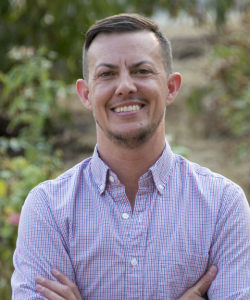
The author of the novel The Prettiest Star shares an exercise to help you approach your manuscript from a new angle.
Jump to navigation Skip to content
In our weekly series of craft essays, some of the best and brightest minds in contemporary literature explore their craft in compact form, articulating their thoughts about creative obsessions and curiosities in a working notebook of lessons about the art of writing.

The author of the novel The Prettiest Star shares an exercise to help you approach your manuscript from a new angle.

Emma Copley Eisenberg finds inspiration on the open road, driving more than ten thousand miles in three months.
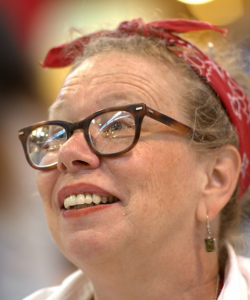
Emma Copley Eisenberg borrows a creative exercise from beloved writer and comics artist Lynda Barry.
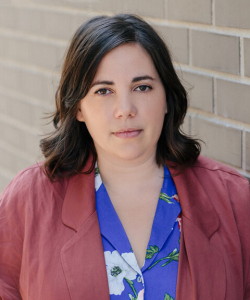
“You ask the right person the right question at the right time, and they’ll tell you something that has never before been told in the history of the world.” Emma Copley Eisenberg celebrates the magic of reporting as a research tool.
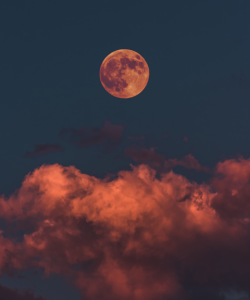
Emma Copley Eisenberg remembers her introduction to the tarot and shares how the cards became an integral part of her writing process.

Feeling stuck with a work-in-progress? Mimi Lok suggests changing up an element that previously felt off limits.
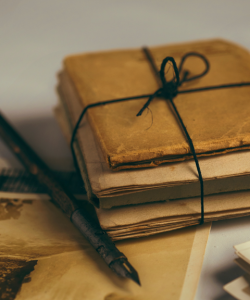
“It’s important to understand why the characters are writing to each other, what kind of language is particular to them, and what the form reveals or hides.” Mimi Lok contemplates the challenges and rewards of the epistolary form.

“Meditation is not a quick fix,” writes Mimi Lok. “It requires practice so that the mind gets used to stilling and quieting itself enough to listen.” In this Craft Capsule, Lok offers her method for cultivating stillness and silence.

“What needs to start? What needs to stop? What needs to change?” Mimi Lok shares an exercise that helps her persevere through difficult writing projects.

How do you know when to stop revising? Cameron Awkward-Rich shares a memorization exercise that helps him recognize when a poem is done.
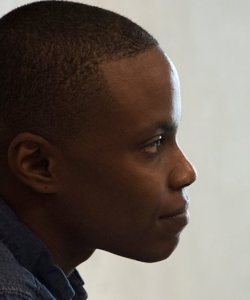
Cameron Awkward-Rich weighs the ethical demands of elegy.
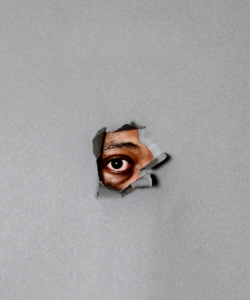
Cameron Awkward-Rich considers the possibilities and pitfalls of “after” poetry—poetry inspired by or borrowing from another writer’s work.
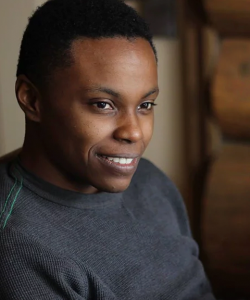
Cameron Awkward-Rich discusses turning archival research—traces of the past—into poems.
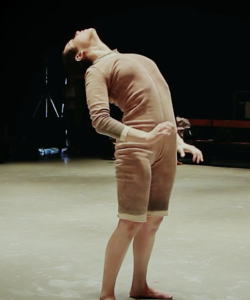
The author of the story collection Black Light finds the best writing lessons in the most unlikely places.
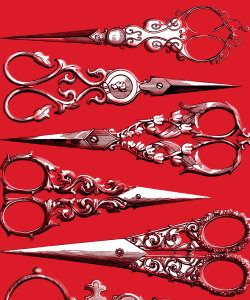
The author of Black Light explores the pleasures of cutting a manuscript down to size.
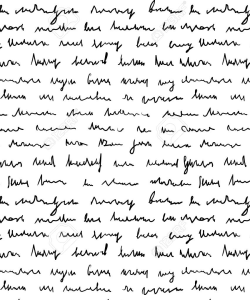
The author of the story collection Black Light explores the problem-solving benefits of writing in longhand.
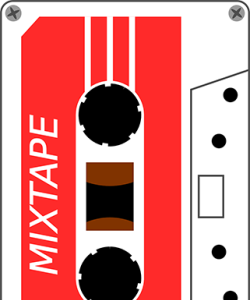
The author of Black Light explores the daunting process of ordering a story collection.
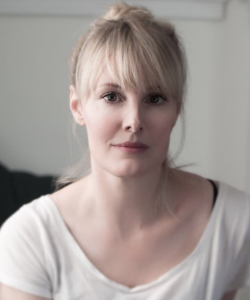
The author of the story collection Black Light explores the generative power of “the weird.”

The author of If You Leave Me focuses not on a character’s likability but rather on making that character feel true.

The pleasures and pitfalls of writing a novel with multiple perspectives.
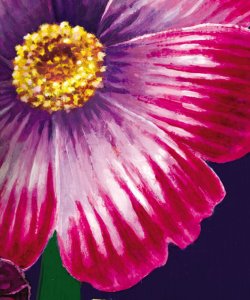
How does a writer tell a story set in another country during a time before she was even born? Research, research, research.

The desire to tell stories is one thing; finding the stories you want to tell is something else entirely.

A simple exercise to help lead you closer to the fiery core of your own, utterly unique, narrative style.

Simon Van Booy writes about opening your whole life to creativity.

Simon Van Booy considers writing as a process of instinct rather than thought.